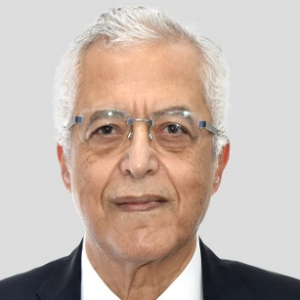Therapeutic Strategies
In contrast to the present clinical strategy, which focuses mostly on treating symptoms, regenerative medicine aims to restore tissue or organs that have been damaged by disease, trauma, or congenital abnormalities. Tissue engineering, cellular therapy, medicinal gadgets, and artificial organs are among the technologies employed to achieve these goals. Combinations of these treatments can speed up our natural healing process in areas where it's most required, or take over the function of an organ that's been irreversibly damaged. Regenerative medicine is a relatively young subject that brings together professionals from biology, chemistry, computer science, engineering, genetics, medicine, robotics, and other domains to solve some of humanity's most difficult medical challenges. The goal of regenerative medicine is to create and implement innovative treatments to mend tissues and organs and restore function that has been lost due to aging, disease, injury, or abnormalities. In many aspects, the human body has the natural ability to heal itself. Cell therapy and tissue engineering are two therapeutic methods used in regenerative medicine. Cell and tissue cultures are used in cell therapy approaches to replace morphological structures, tissues, and functions. Tissue engineering is a process that combines biological and technical techniques to construct structures and devices such as scaffolds, matrices, and 3D biocompatible materials to complement cell treatment.

Nagy Habib
Imperial College London, United Kingdom
Lucie Bacakova
Institute of Physiology of the Czech Academy of Sciences, Czech Republic



Title : AI-integrated high-throughput tissue-chip for space-based biomanufacturing applications
Kunal Mitra, Florida Tech, United States
Title : Stem cell technologies to integrate biodesign related tissue engineering within the frame of cell based regenerative medicine: towards the preventive therapeutic and rehabilitative resources and benefits
Sergey Suchkov, N.D. Zelinskii Institute for Organic Chemistry of the Russian Academy of Sciences, Russian Federation
Title : In vitro evaluation of lyophilized Dedifferentiated Fat cells (DFAT) impregnated artificial dermis
Kazutaka Soejima, Nihon University, School of Medicine, Japan
Title :
Nagy Habib, Imperial College London, United Kingdom
Title :
Alexander Seifalian, Nanotechnology & Regenerative Medicine Commercialisation Centre, United Kingdom
Title : The regenerative medicine of the future
Marco Polettini, DVM, Italy